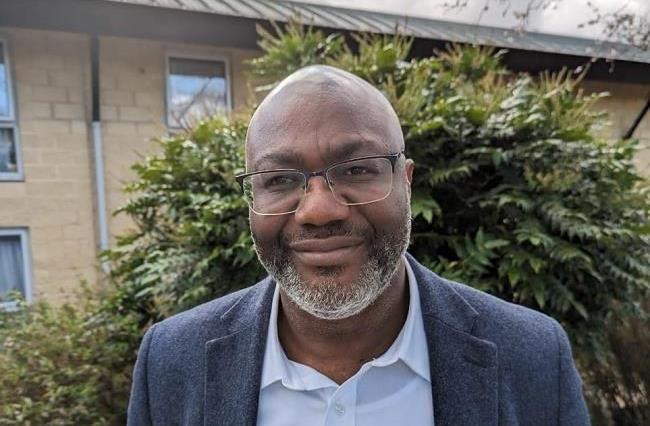The only way to a climate consensus is to ensure we are building bridges and promoting solidarity by fostering equity and justice across the divide. Without this sort of solidarity collaboration, climate consensus would be difficult as climate change is not something that any one country or individual or city can tackle.

Professor Chukwumerije Okeke of the School of Policy Studies, University of Bristol, made this submission in an interactive session with Educational Consultant and Author, Steven Roy Goodman, of Higher Education Today TV on the topic “Is Climate Consensus possible?” He noted that, without education and awareness, achieving the desired result in this regard might be a herculean task.
Prof. Okereke, while highlighting the importance of international conferences in the past years and its impact in addressing climate related issues around the globe noted that “If you imagine where we would have been without these international conferences, maybe things would have been much, much worse.”
In his words: “I am a believer in multilateralism. I think there are things that they could do differently, but I’d like to think that, without all of these COPs and conferences, things would have been worse. Just a few years ago in one of the conferences, the world agreed to triple the amount of renewable energy installations globally by 2030. And sometimes we tell a lot of bad news about climate change, but it’s also a lot of good news that can be told. Just this year, or last year, we now have installed nearly 510 gigawatts of renewable energy. And this is an open increase of 50 percent compared to 2022.
“And it is demanded that have been achieved from this conference that we want to triple the amount of energy installations by 2030. The thing is that that number has now been attained, reached that number. And I can tell you stories of how international solidarity and cooperation has really enabled the world to come together. But let’s not be mistaken. The average emissions rose by 1.9 percent in 2023 compared to the 2022 level.
“And so now we have surpassed the 50 billion metric ton mark. We now have a global total emission of about 53 billion tons of carbon dioxide equivalent. So there is still much more to be done. The curve needs to be bent faster. We need to be going to net zero by 2050. And there is still so much gap in this area,” he stressed.
On the role played by Bristol University in educating people about climate change, Prof. Okereke said: “Many of my colleagues here in Bristol and other higher institutions around the world have played a major role in increasing the awareness of climate change. Many of us, including myself, participate in the Intergovernmental Panel on Climate Change, the IPCC, which comprises global intergovernmental scientists that are really generating knowledge that is powering policy and practices on climate change. So, there is also growing awareness of the need for interdisciplinarity to educate more people, but to educate them in a more qualitative way.
“We also need to carry out more research to understand how not just the science of climate change can be improved, but also the public policies that are required to drive the climate action and build a consensus, as we’ve talked about. Because, again, we need to emphasize that the problem here is not just about technical numbers and technologies. It’s about culture, it’s about economy, it’s about politics, it’s about policy. And research can add a lot in understanding how we can build consensus, overcome the political and economic barriers that can increase action. But there’s also a third area, which is about service delivery.
“Research has recently shown that there are so many people in the private sector, in the secondary schools, in primary schools, who feel inner whipped to be able to teach climate change at a primary and secondary level practices at the sectoral level in organizations. So here again, universities can play a vital role in educating, equipping and providing service delivery to these kinds of people. And then the next area is actually what we do on campus.
“So the University of Bristol is the number one university in the UK to declare climate emergency in 2019, and one of the first to set a carbon neutral goal by 2030. And there are a range of other initiatives that the University of Bristol has set forth to increase our desire and our pace in reaching that zero. Thus, this year, February, there was an overwhelming vote.
“I asked students to go 100 percent plant-based food on campus. And so at the realm of what we do on campus, service delivery, research, education, but also community engagement, which is the fifth leg, communicating. That’s why the beauty of what we’re doing here, working with grassroots organisations, NGOs, transnational organisations, advocacy groups to promote awareness on what can be done.
“The university can play a major role and I’m glad to say that Bristol University is taking the lead in many of those areas. And what about in terms of advising other universities that perhaps may not be as far along the road as Bristol, whether they’re in the US, the UK or anywhere else in the world? You must find other universities that are doing some things but not as many as any of those universities,” he stressed.
By Ajibola Adedoye
